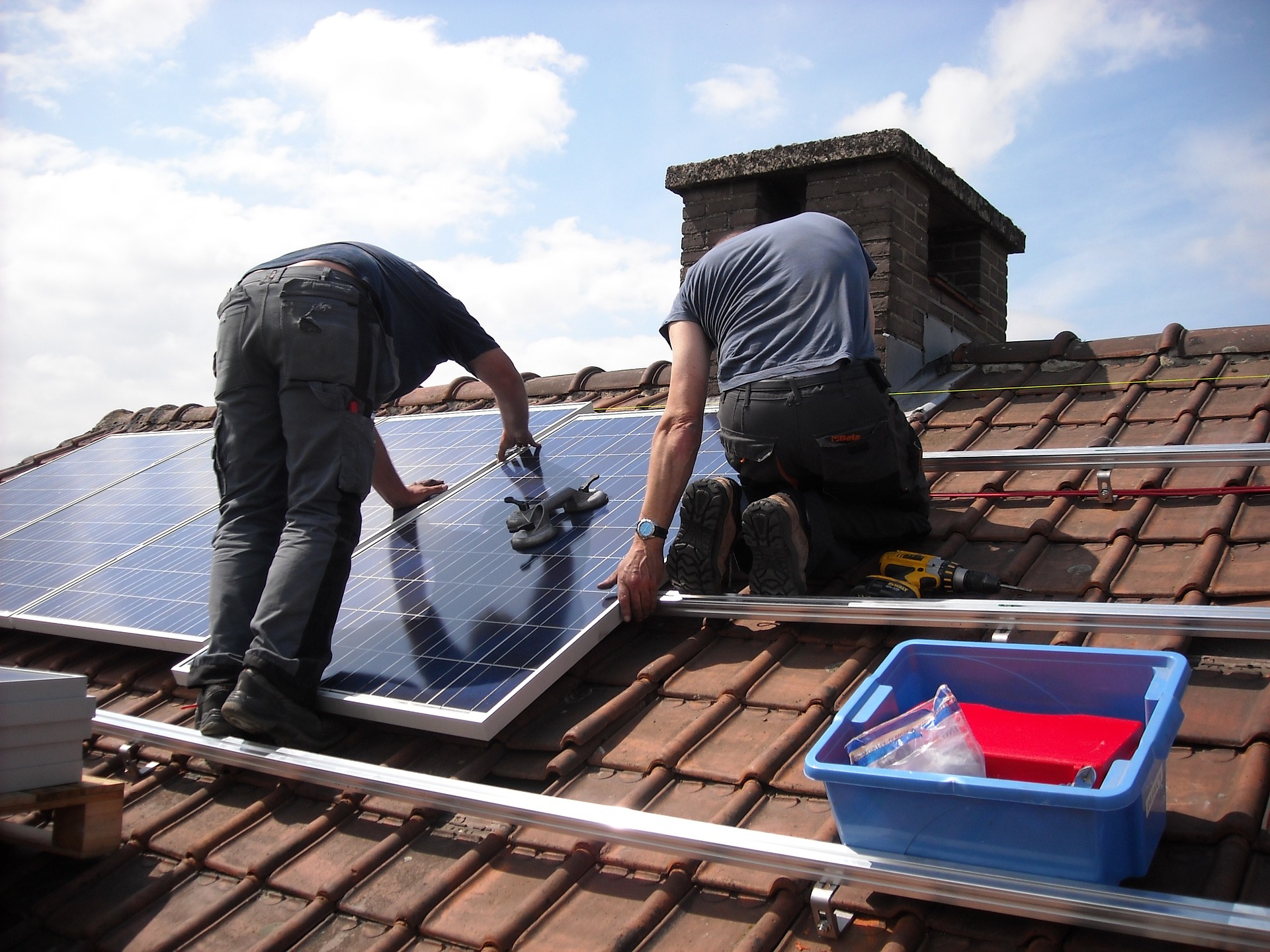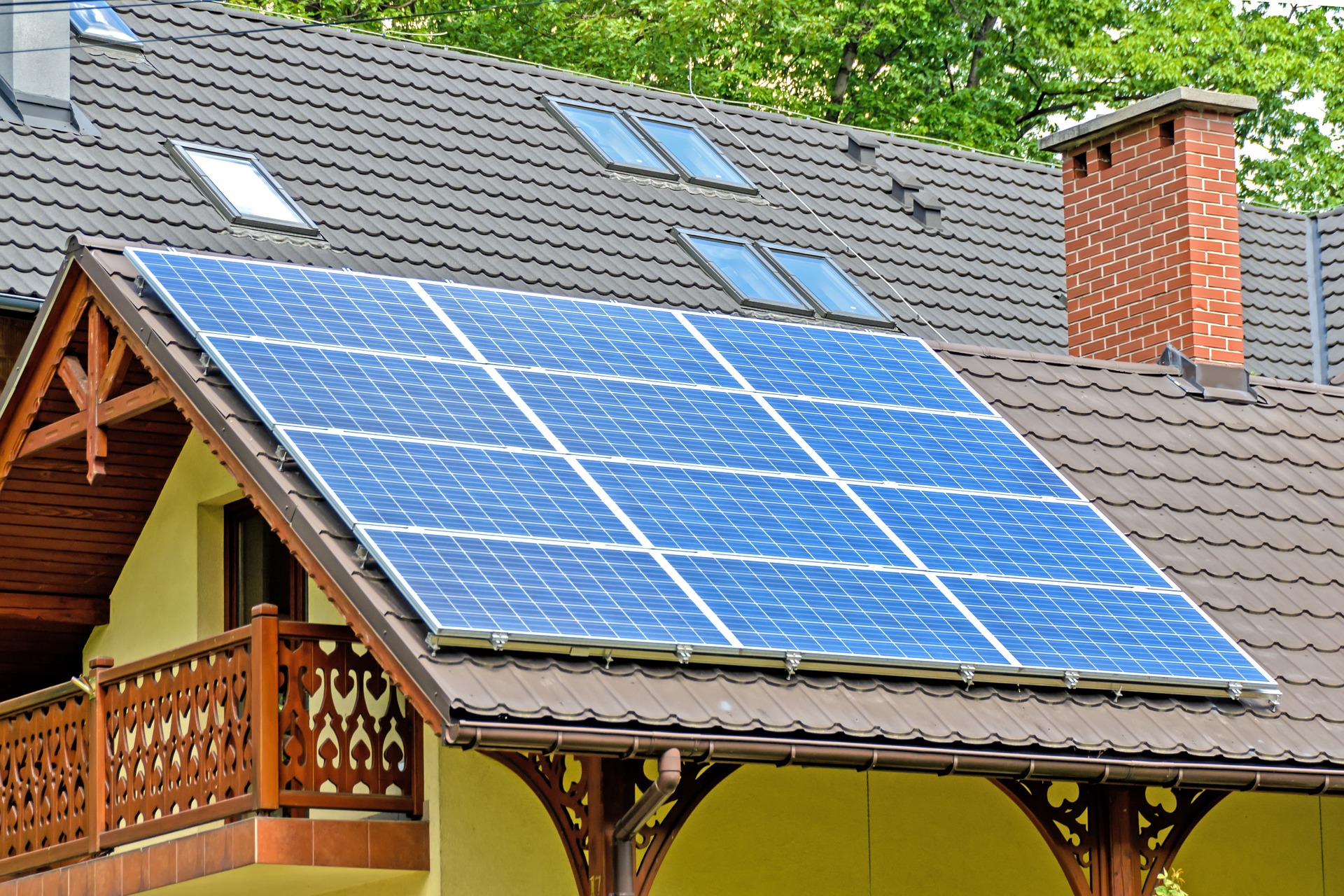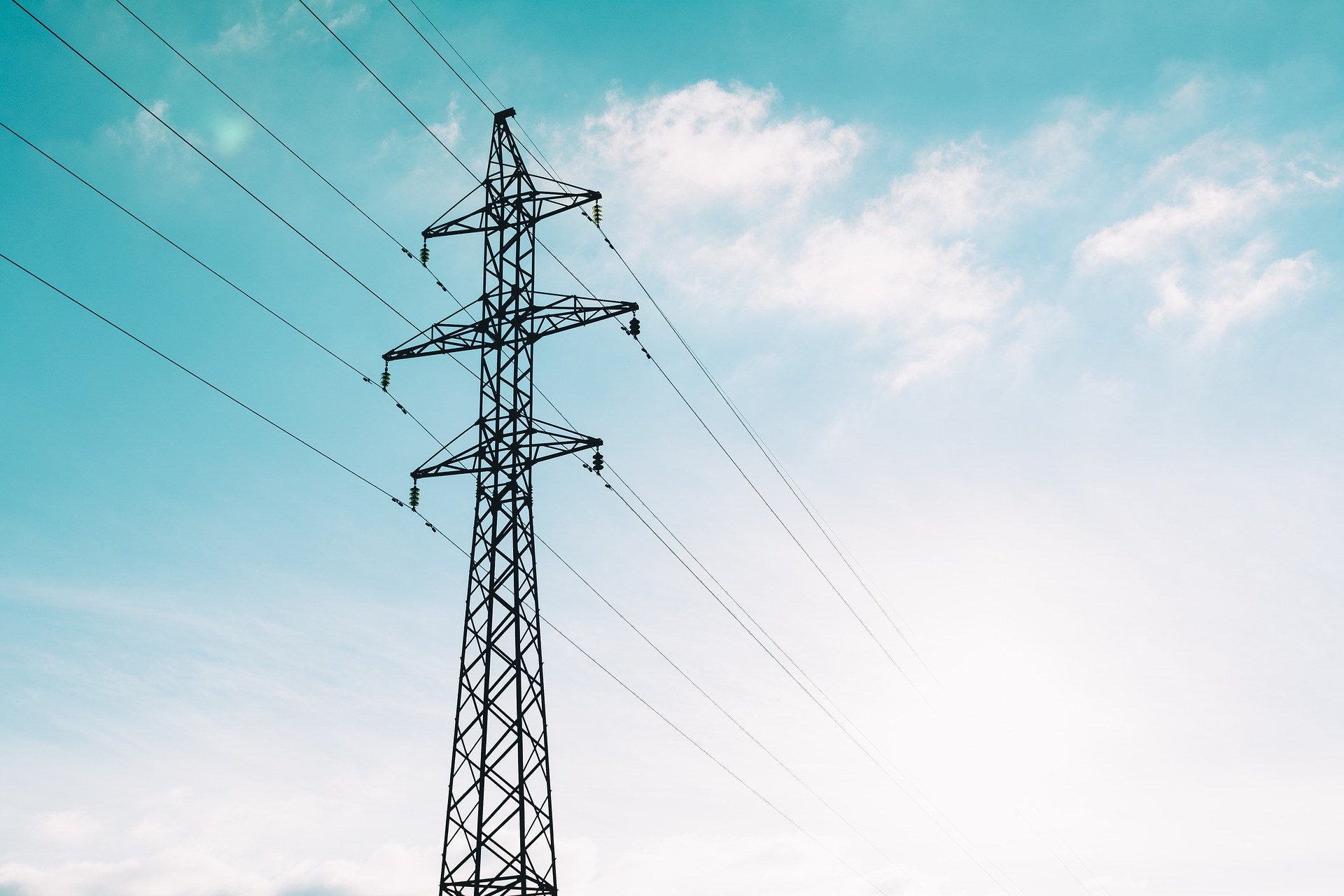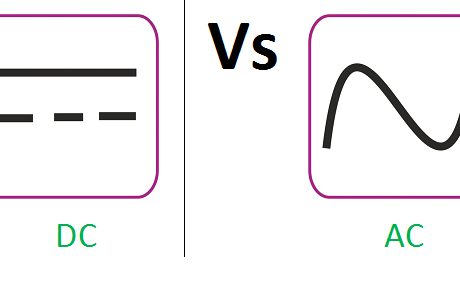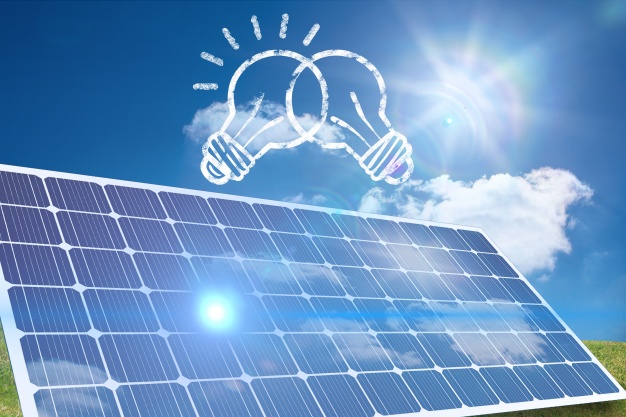Solar panel systems have taken the world by storm, and it’s not just in ‘sunny’ countries like Australia where solar panel installations have become immensely popular. In the UK, more homeowners and householders are opting for solar panels as well, and the fact that the cost of installing your own solar panel system has gone down tremendously in the last few years has contributed to its popularity. But if you are thinking of having a solar panel system installed, there are some major considerations you need to think about as well. For one, solar panel installations need to be done in the proper way and with the proper accreditation in order for you to take advantage of the government’s Feed-in Tariff programme. What else do you need to consider, then? Here’s a list of the essential factors you need to consider when installing solar panels in your home.
The investment:
Truth be told, having a solar panel installation isn’t a cheap affair. It is an investment, and it’s best you know this from the start. But the good news is that the cost of a typical solar panel installation has already gone down by as much as 50% compared to the cost of a system eight years ago. But here’s the thing: while it’s not cheap, you are guaranteed to recover your investment over time, especially since your energy bills are going to be lower and you can even earn extra money through the Feed-in Tariff scheme. With the scheme, whatever extra energy you have that you don’t use can be sold back to the grid, and you will receive payments from the government every quarter for this.
The supply of energy:
Your solar panel installation will still work quite well even if you are in the UK, with its inclement and unpredictable weather. Of course, the system will work best during the sunnier seasons, but it doesn’t mean that it won’t produce energy whilst it’s winter time or when it’s cloudy. But while it is still within reason for you to expect your system to generate energy, even on cloudy days, you can never really tell how much the system will produce. What you can expect, though, is that your energy bills will definitely be reduced – sometimes by as much as 40 to 50%.
Where to place them:
The placement of your solar panels is of utmost importance as well, so you also have to consider this, as confirmed by the specialists in solar in Manchester from Atlantic Renewables. Whilst your solar panels don’t require direct sunlight to work, they will have to be installed by a professional, preferably one who is accredited by the MCS (this is so you can get your Feed-in Tariff). The location of the solar panels matter, and so does the angle of placement. Make sure other buildings or structures or trees don’t overshadow your roof; but if this is the case, you have the option to install your solar panels on the ground as well.
Read Also:













